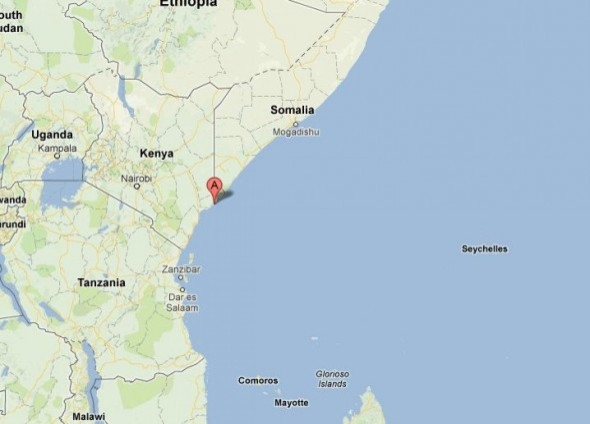600-Year-Old Coin Found On Kenyan Island, Manda, Revealing Groundbreaking History

A rare 600-year-old Chinese coin was discovered on the Kenyan island of Manda by scientists from Illinois.
The Field Museum in Chicago announced the find on Wednesday, the Associated Press said. The joint expedition was led by Chapurukha Kusimba of the museum and Sloan Williams of the University of Illinois-Chicago.
Scientists said the small silver and copper coin shows trade existed between China and East Africa long before Europeans arrived. A tiny square hole in the coin's center allowed it to be carried and worn on a belt. The coin, which was issued by Chinese Emperor Yongle, has his name inscribed on its surface. The coins themselves were called “Yongle Tongbao,” after the Ming Dynasty emperor who ruled between 1403 and 1425, the Examiner.com said.
The emperor sent Chinese explorers, including Admiral Zheng He, on voyages across the Indian Ocean.
“Zheng He was, in many ways, the Christopher Columbus of China,” Kusimba, curator of African Anthropology at the Field Museum in Chicago, said. “It’s wonderful to have a coin that may ultimately prove he came to Kenya."
Kusimba added, “Chinese currency in East Africa is very, very rare. Whether it turns out to be fake it is still extremely exciting. It speaks to the competition going on between merchants, the kind of competition that is still visible today.”
The expedition included scientists from Kenya, Pennsylvania and Ohio. They discovered human remains and other artifacts that predate the coin found on Manda.
“We hope this and future expeditions to Manda will play a crucial role in showing how market-based exchange and urban-centered political economies arise and how they can be studied through biological, linguistic, and historical methodologies,” Kusimba said.
© Copyright IBTimes 2024. All rights reserved.






















